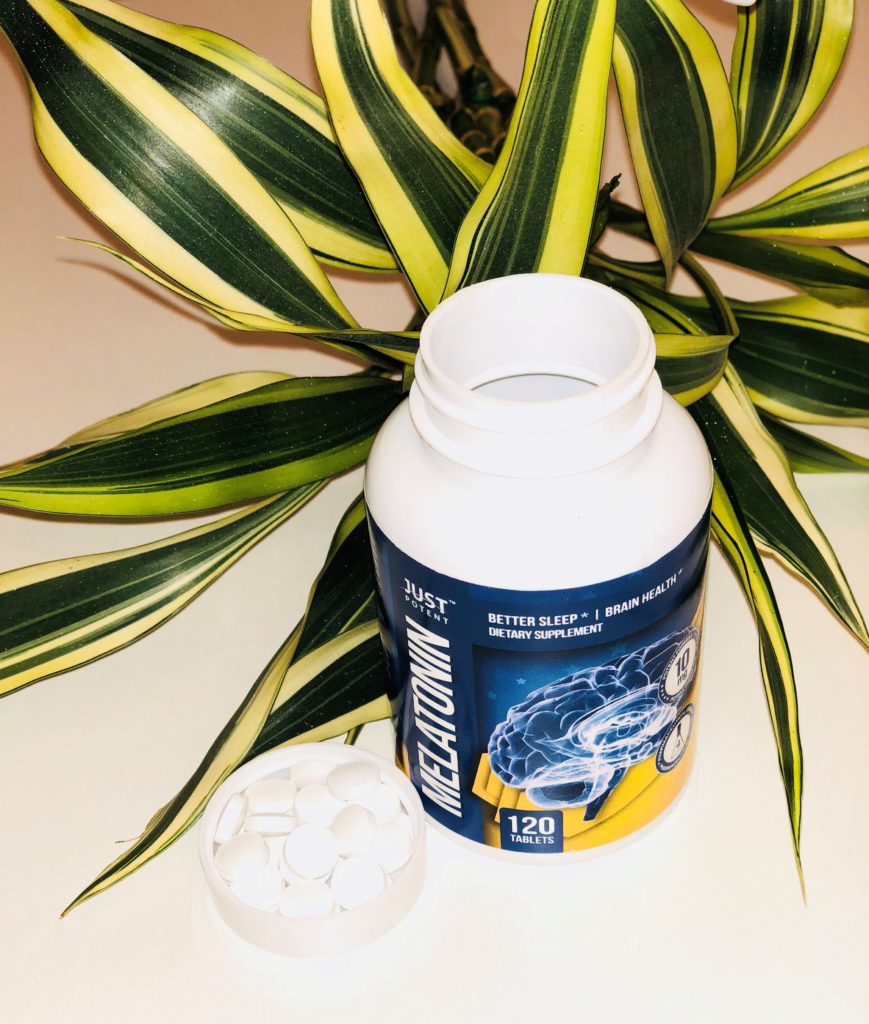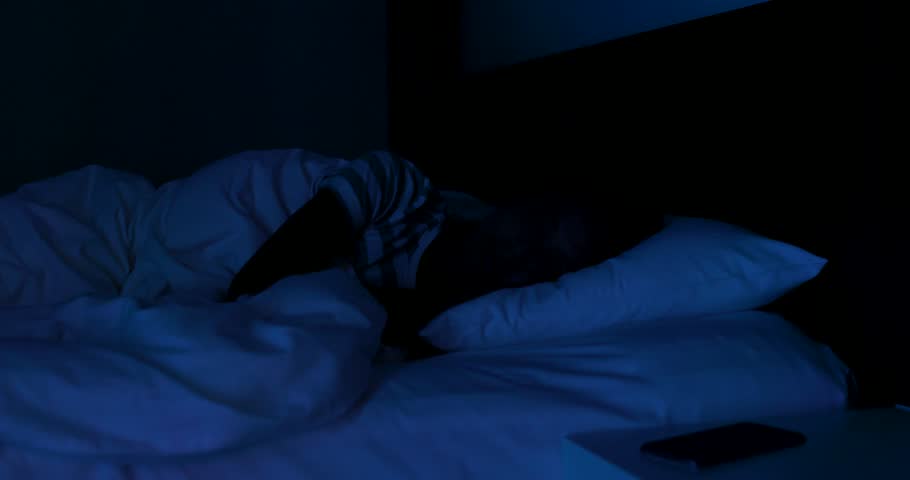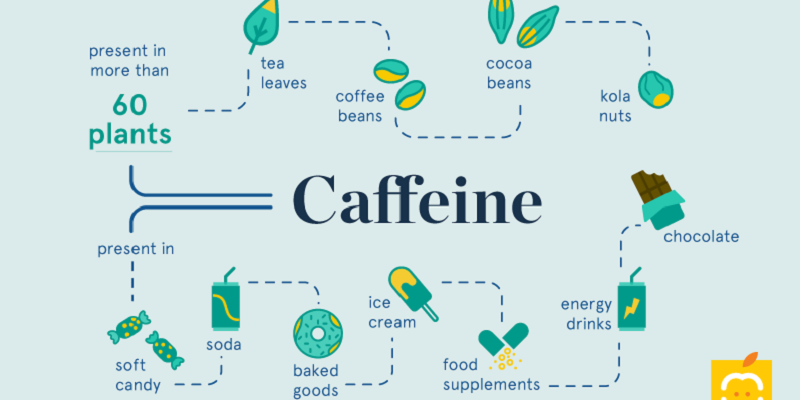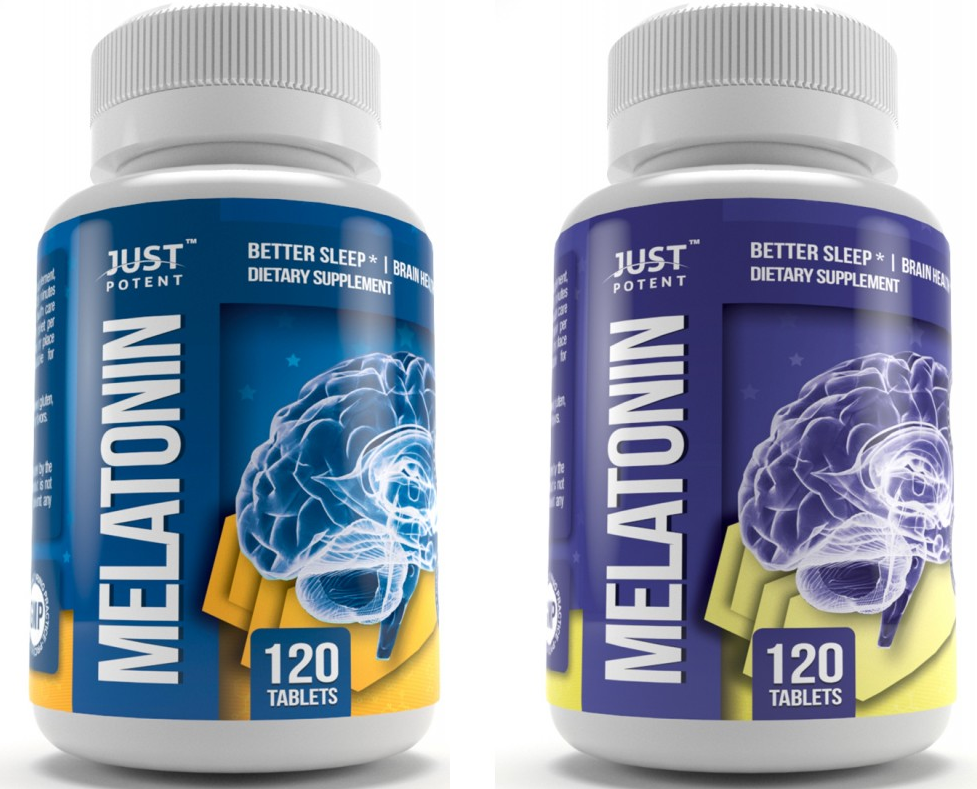Melatonin is a natural hormone produced in the brain. This hormone is responsible for our sleep and wake cycles. An imbalance of this hormone may pose serious health risks and may be a major contributing factor to a lot of diseases.

Research after research have shown melatonin to be highly effective for some people and mildly effective or ineffective for others. What this means is that melatonin supplement as a sleep aid will not work for everyone.
The melatonin hormone, also know as N-acetyl-5-methoxy tryptamine, is very important for proper functioning of the human body and prevention and treatment of some diseases. The N-acetyl-5-methoxy tryptamine is secreted in the brain based on time of the day. Although melatonin hormone is ever present in the brain, its release and amount is mostly dictated by the time of the day. During day time, the amount of melatonin in the brain is at its lowest. As time and day progresses towards the evening, the brain starts to secrete this hormone.
It is true that majority of us know melatonin as an important sleep aid. What some of us don’t know is that melatonin has been studied to help alleviate, prevent, or treat some serious diseases. In this post, we will walk you through some of the other benefits of melatonin.
Melatonin Supplement For Sleep
One of the important benefits of melatonin, as mentioned earlier, is that it helps control our sleep / wake cycle. In other words, melatonin is responsible for helping us fall asleep faster, and stay asleep longer. For melatonin to really help you do all this, you have to help it help you achieve your best sleep.

So how do you help melatonin help you? We mentioned that melatonin release in the brain increases as we approach evenings. What this means in is that this hormone is dark-friendly. For melatonin supplement to help you sleep better, you need to feed it darkness. You need to prevent different sources of light (smartphones, TVs, and lights from other sources). This is the most important factor that can limit the effectiveness of any melatonin supplement. Apart from light as a melatonin limiting factor, other factors that can prevent melatonin supplement from helping you fall asleep include:
- Underlying health conditions
- Your environment
- Mental state
- Caffeine
These list of factors are not exhaustive in any sense, however, these are very common factors that hinder sleep. Underlying health conditions can definitely interfere with the production of the melatonin hormone and also interfere with sleep even in the presence of high melatonin levels in the brain. Experiencing pain, arthritis for example, in one part of different parts of your body can make it difficult to fall and stay asleep.
Your environment is another important factor that will interfere with your sleep. If you’re feeling too hot or too cold, you may find that you’re not able to fall and/or stay asleep for a long time. It is very very important to create a conducive environment to sleep in. Another environmental factor will be noise levels. While some are totally fine with some level of noise, some are very sensitive to it. It is important that you sleep in an environment where there is little to no noise.
Mental state is another factor that may interfere with our sleep. When you’re stressed about an exam or are anxious about something, or are depressed, all of these will definitely affect how fast you fall asleep and the overall quality of your sleep.

Caffeine affects the quality of your sleep in many ways. Studies have shown caffeine to decrease sleep time by an average of 2 hours[1]. Caffeine has also been shown to be responsible for the number of times you wake throughout the night. Caffeine’s effect on sleep is not universal. Some people have caffeine and still get their quality sleep while some wouldn’t dare to consume caffeine 6-10 hours before bed time. Goes to show you how we are all different in our special ways; some are lucky and some just aren’t.
Melatonin Dosage
The right dosage of melatonin will vary from one individual to another. Some people who can’t sleep or have some form of sleeping disorder will need small dosage of melatonin, while some individuals will need a high dose. Currently, the popular dosage sizes of melatonin are 1mg, 2mg, 3mg, 5mg, and 10mg. Many of these melatonin dosage sizes are readily available online and in stores.

While on the topic of melatonin dosage, it is important to note that melatonin can be used by adults and children. Children who have issues sleeping will find that melatonin can help them fall asleep faster and stay asleep longer. It’s not advisable to have kids over-rely on melatonin. The main reason is that over-relying on melatonin while they are young might mean they may need melatonin for the rest of their lives. Additionally, there are no studies on long term effect of melatonin use.
So what is the right melatonin dosage? Again, this will vary from one individual to another. Some individuals who need very little help with sleep will find that 1/2 a milligram to 1mg is just enough, while some individuals will need 2mg or 10mg. Based on available studies, it does not appear that one can overdose on melatonin. The good news is that taking too much melatonin isn’t harmful to an adult, it’s just a matter of body tolerance.
If you haven’t used melatonin pills before, you absolutely do not know how well it will work for you or how your body will react to it. We suggest you start out at 1/2 a milligram for children and 1mg for adults. If that doesn’t work, you may increase to 1mg for children and 3mg for adults. If these dosage amounts aren’t effective, you could safely increase dosage up to 3mg for children and 5mg for adults. If you plan to give your child more than 3mg, please consult with your healthcare provider first. As for adults, you can take anywhere from 1mg to 20mg without issues. Some people take more, but for the purpose of sleep, it is best to experiment incrementally as opposed to just starting out with a high dosage like 10mg.
Be aware, high melatonin dosage have been known to cause seizures in children. Be sure to consult with you pediatric provider before administering melatonin on a child.
Melatonin Overdose
One question we have been getting lately is whether you can overdose on melatonin. The answer is a yes with a caveat. With a caveat because there isn’t a dosage recommendation for melatonin. As we mentioned before, it’s best to experiment and gradually increase dosage if 1mg isn’t effective in making you fall asleep.
What happens when you take more melatonin than you body can handle? You may start to experience the side effects of melatonin. Some possible side effects of taking melatonin, either in lower or higher doses include: drowsiness, grogginess, irritability, nausea, headache, and a host of other symptoms.
Melatonin and Jet Lag
Travelers who travel frequently across time zones and continents can attest first-hand how helpful melatonin was in helping to deal with jet lag. When you jet lag, you experience some symptoms that take several days or weeks to overcome. Some jet lag symptoms are feelings of discomfort and irritability, erratic and poor sleep, indigestion, and fatigue during the day.[1]
A randomized study in 2002 tried to answer whether melatonin is a good supplement for prevention and treatment of jet lag. What this study found was that melatonin isn’t just a good supplement for prevention and treatment of jet lag, it found melatonin to be great supplement for jet lag prevention and treatment.
The study [2] found that 9 out of 10 trials showed melatonin, when taken close to bedtime (between 10pm and 12am) of trial participants, helped decrease jet lag. The positive effects of melatonin in alleviating the symptoms of jet lag was even better when trial participants flew across at least 5 time zones.
Other Uses and Benefits of Melatonin
Breast Cancer
BPA (Bisphenol A) is a very popular chemical in a lot of things we interact with daily. BPA is widely used to manufacture plastics, sealants, paper treatment (receipts/invoice), and many supplies we use. BPA is known to mimic estrogen and is responsible for hormone-related cancers. A new 2018 study found that taking melatonin could dramatically reduce the proliferation of breast cancer cells by killing BPA-elevated cells in the body. The conclusion of the the authors, in their own words:
… these results demonstrated that melatonin could abrogate BPA-induced proliferation of BC cells. Therapeutically, melatonin could be regarded as a potential medication for BPA-associated [breast cancer] BC. [3]
Fibromyalgia and Chronic Pain
Fibromyalgia syndrome (FMS) is a chronic musculoskeletal disorder characterized by generalized muscular pain accompanied by fatigue and tenderness at specific anatomic sites called tender points.[4]
A double-blind, placebo-controlled clinical study on 101 patients suffering from fibromyalgia syndrome (FMS) found that melatonin, administered alone or with 20mg of flueoxetine (Prozac), was effective in treating patients with fibromyalgia syndrome.[4]
Menopause
With menopause comes sleep problems. Some studies have shown melatonin to be effective in treating menopause related sleep problems. Additionally, melatonin helps perimenopausal woment prevent bone loss and improves the quality of life.[5]
Cardiopreotective and Neuroprotective Properties
Studies have shown melatonin to have antioxidant and anti-inflammatory properties. Some research suggest that melatonin may help lower blood pressure. Other research have shown melatonin to increase cell survival while at the same time decreasing oxidative stress.[6]
[1] https://www.ncbi.nlm.nih.gov/pmc/articles/PMC1402564/
[2] https://www.ncbi.nlm.nih.gov/pubmed/12076414
[3] https://www.ncbi.nlm.nih.gov/pubmed/29330934
[4] https://www.ncbi.nlm.nih.gov/pubmed/21158908
[5] https://www.umm.edu/health/medical/altmed/supplement/melatonin/
[6] https://www.ncbi.nlm.nih.gov/pubmed/29325994